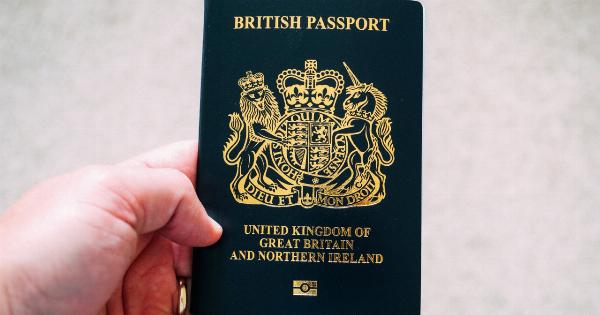The Delta variant of the coronavirus has been spreading rapidly across the globe, with many countries experiencing significant increases in cases.
With the rise of the Delta variant, there has been a renewed focus on the effectiveness of vaccines in preventing infection. A recent study has shown that there is no significant difference in viral load between vaccinated and unvaccinated Delta patients.
Study Overview
The study was conducted in Israel, where the Delta variant has been particularly prevalent. The study looked at patients who had tested positive for the Delta variant and had been admitted to the hospital.
The patients were divided into two groups: those who had been fully vaccinated and those who had not been vaccinated at all.
All patients were tested for their viral load, which is a measure of the amount of virus in the body. The results showed that there was no significant difference in viral load between the two groups.
This means that even fully vaccinated patients had a similar amount of virus in their body as unvaccinated patients.
What Does This Mean for Vaccinations?
The results of the study do not mean that vaccines are ineffective. Vaccines are still the best way to protect yourself against the Delta variant of the coronavirus.
However, the study does suggest that even vaccinated individuals can still become infected with the Delta variant and can potentially spread the virus to others.
It is important for vaccinated individuals to continue following public health guidelines, such as wearing masks and social distancing, to prevent the spread of the virus.
Additionally, it is important for as many people as possible to get vaccinated to help reduce the spread of the virus.
What Is Being Done to Address the Delta Variant?
The rapid spread of the Delta variant has led to increased efforts to address the situation. Many countries are stepping up their vaccination campaigns to try to get as many people vaccinated as possible.
In addition, there are efforts to develop new vaccines or boosters that may provide better protection against the Delta variant.
Some countries are also implementing new public health measures to try to slow the spread of the Delta variant. For example, some countries have reintroduced mask mandates or have implemented new restrictions on indoor gatherings.
Conclusion
The recent study showed that there is no significant difference in viral load between vaccinated and unvaccinated Delta patients.
While vaccines are still the best way to protect against the Delta variant, it is important for vaccinated individuals to continue following public health guidelines and for as many people as possible to get vaccinated. With continued efforts, it is hoped that the spread of the Delta variant can be slowed and eventually brought under control.





























